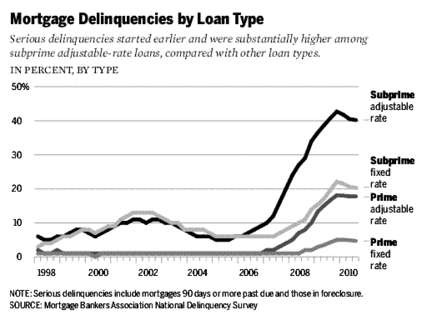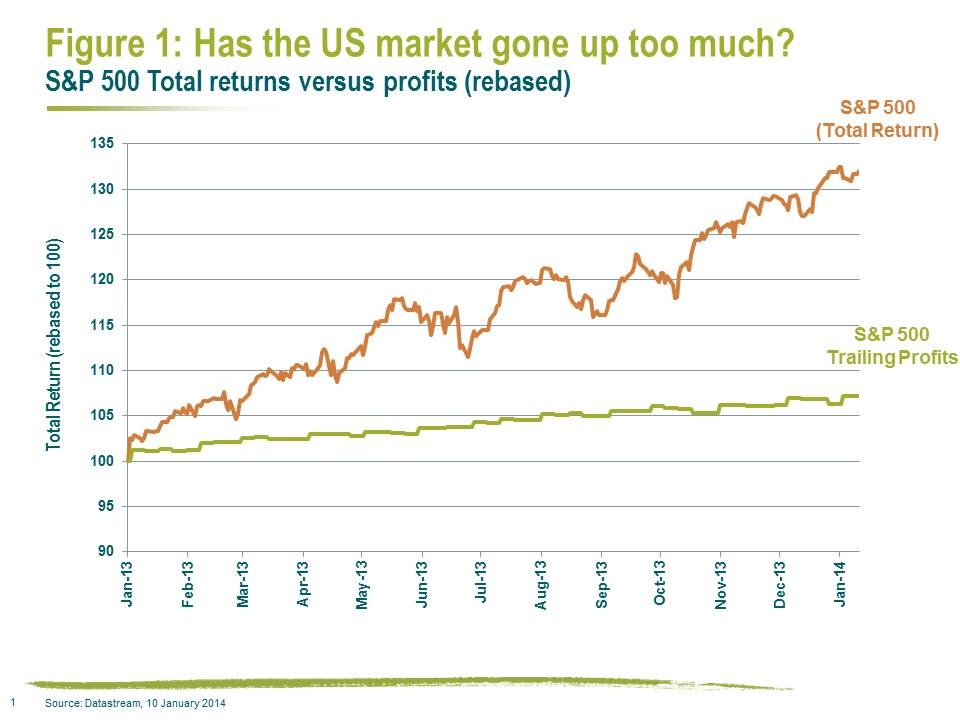Difference between Book Value and Market Value
Post on: 15 Сентябрь, 2015 No Comment

Key difference. Book value is the price paid for a particular asset; the price never changes so long as one owns the asset. Whereas, the market value is the current price at which one can sell an asset.
In accounting, book value or carrying value is the value of an asset according to its balance sheet and the account balance. The value of an asset is based on the original cost and does not consider any depreciation, amortization or impairment costs made against the asset.
Book Value is the value of company business according to its books or financial statements. The book value is calculated from the balance sheet, and it is the difference between a companys total assets and total liabilities. However, in practice, depending on the source of the calculation, book value may variably include goodwill, intangible assets, or both.
An assets initial value is its actual cash value or its acquisition cost. Cash assets are recorded or booked at actual cash value. Assets such as buildings, land and equipment are valued based on their acquisition cost, which includes the actual cash cost of the asset plus certain costs tied to the purchase of the asset, such as broker fees. However, not all purchased items are recorded as assets; incidental supplies are recorded as expenses. Some assets might be recorded as current expenses for tax purposes.
Market Value is the value of a company according to the stock market. Market value is calculated by multiplying a companys shares outstanding by its current market price.
The market value is simply the price that the stock, company, etc. is being bought and sold for on the market at a given time. It refers to the current or most recently-quoted price for a market-traded security. It can also refer to the most probable price of an asset in an open market. The market value of an asset is determined by fluctuations in supply and demand. It should be noted that, the market value represents to what someone is willing to pay for an asset, not the value that it is offered for or intrinsically worth.

Market value may also lead the book value in some instances. This may be observed in instances of planned business transactions being announced before the transactions are completed and recorded in the books.
The difference between market value and book value depends on the various factors such as the company industry, the nature of company assets and liabilities, and the specific company attributes. However, there are three basic generalizations about the relationships between book value and market value:
- Book Value Greater Than Market Value. In this case, the market looses all its confidence on the companys assets and its ability to generate future profits and cash flows. In other words, the market doesnt believe that the company is worth the value on its books.
- Market Value Greater Than Book Value. Here, the market assigns a higher value to the company due to the high earning power of the companys assets. Nearly, all the profitable companies have their market values greater than their book values.
- Book Value Equals Market Value. Here, the market sees no compelling reason to believe that the companys assets are better or worse than what is stated on the balance sheet.
Comparison between Book Value and Market Value:














